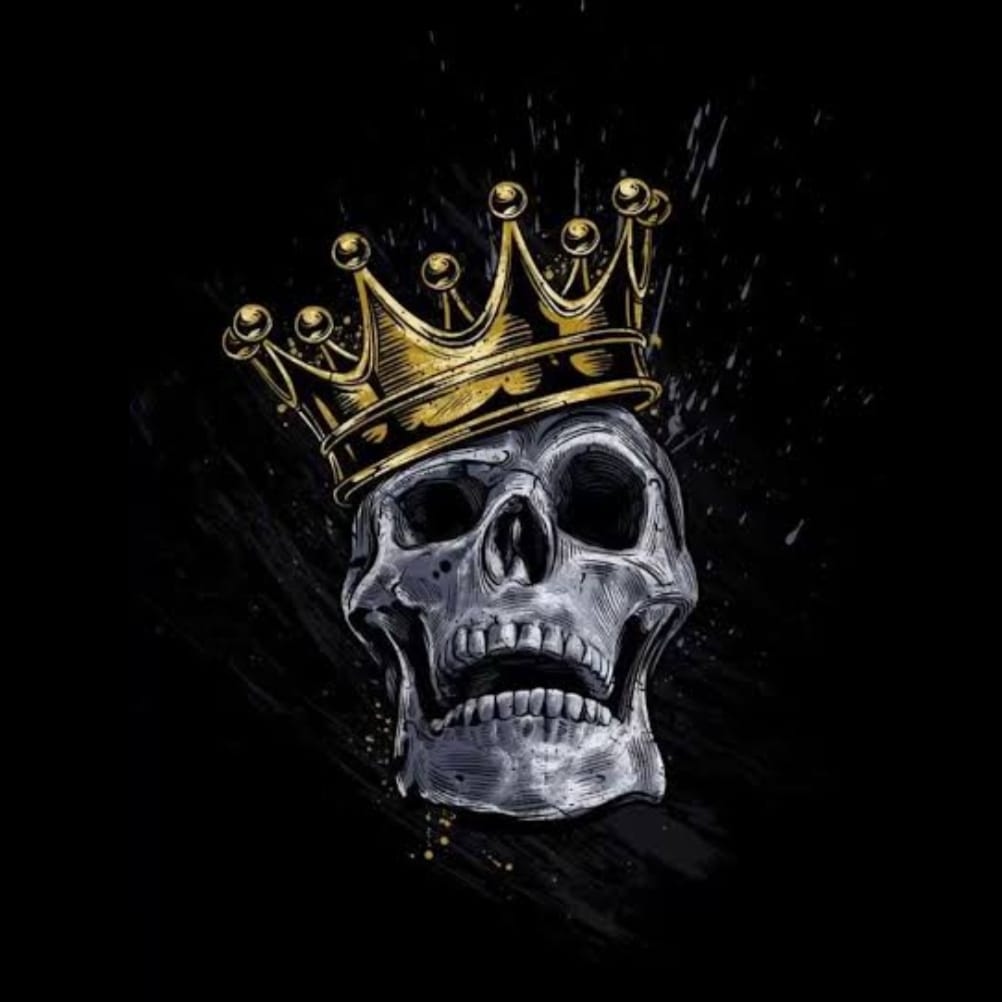

Archit Jain
Mastering the Art of World Cup Bracketology: A Guide to Perfect Predictions
The World Cup – an event that unites nations, ignites passions, and fuels conversations around the globe. As the world's most-watched sporting extravaganza, the World Cup offers a spectacle of talent, drama, and unexpected twists. Amidst all the excitement, one activity has become a tradition for fans worldwide: filling out World Cup brackets. Whether you're a die-hard soccer aficionado or just a casual fan, mastering the art of World Cup bracketology can add an extra layer of engagement to the tournament.
Understanding the Basics of Bracketology:
World Cup bracketology involves predicting the outcomes of matches at various stages of the tournament, ultimately culminating in forecasting the champion. The process usually starts with the group stage, where teams are divided into groups, and each team plays a set of matches against their group opponents. The top teams from each group then progress to the knockout rounds, leading to the final showdown to determine the World Cup winner.
Factors to Consider When Making Predictions:
1. Team Form and Strength: Analyze each team's recent performance, including their form in qualifiers and friendly matches leading up to the tournament. Pay attention to key players' injuries, suspensions, and overall squad strength.
2. Historical Performance: Research how each team has performed in past World Cups. Some teams have a strong track record of reaching certain stages, while others tend to struggle on the global stage.
3. Tactical Analysis: Understand the playing styles and strategies of different teams. Some teams may rely on solid defense, while others prioritize aggressive attacking play.
4. Head-to-Head Record: Look at the historical record between teams that will face each other. Certain teams might have a history of one-sided dominance over their opponents.
5. Venue and Conditions: Consider the location of matches and the potential impact of weather conditions on gameplay. Some teams may thrive in specific climates or at certain altitudes.
The Group Stage Dilemma:
Filling out the group stage predictions can be particularly challenging due to the unpredictability of early tournament dynamics. Upsets, surprise performances, and underdog triumphs are all part of the World Cup charm. While it's tempting to back powerhouse teams, keep an eye out for emerging talents and squads that seem to be hitting their stride at the right time.
Navigating the Knockout Rounds:
As the tournament progresses to the knockout rounds, the stakes get higher, and so does the pressure on bracketologists. Here, a single match can be the difference between advancing or going home. Study the match-ups, evaluate team strengths and weaknesses, and consider potential penalty shootouts – the ultimate test of nerve for both players and bracket predictors.
Balancing Logic and Passion:
While analytics and research play a crucial role, don't discount the element of passion that comes with being a sports fan. Sometimes, gut feelings and emotional connections to teams can lead to inspired choices. Just be sure to strike a balance between logical analysis and emotional attachment.
Embracing the Unpredictable:
The beauty of sports lies in its unpredictability. Even the most seasoned experts can't foresee every twist and turn a tournament will take. Embrace the surprises, celebrate the underdogs, and remember that no prediction is foolproof.
Final Thoughts:
World Cup bracketology is both an art and a science. It's a way for fans to immerse themselves in the excitement of the tournament while putting their analytical skills to the test. So, gather your friends, colleagues, or fellow soccer enthusiasts, and start crafting your brackets. Remember, in the world of sports, anything can happen, and that's what makes the World Cup a spectacle that captures hearts and ignites fervor across the globe.

Archit Jain
Crafting Stories, One Word at a Time.
